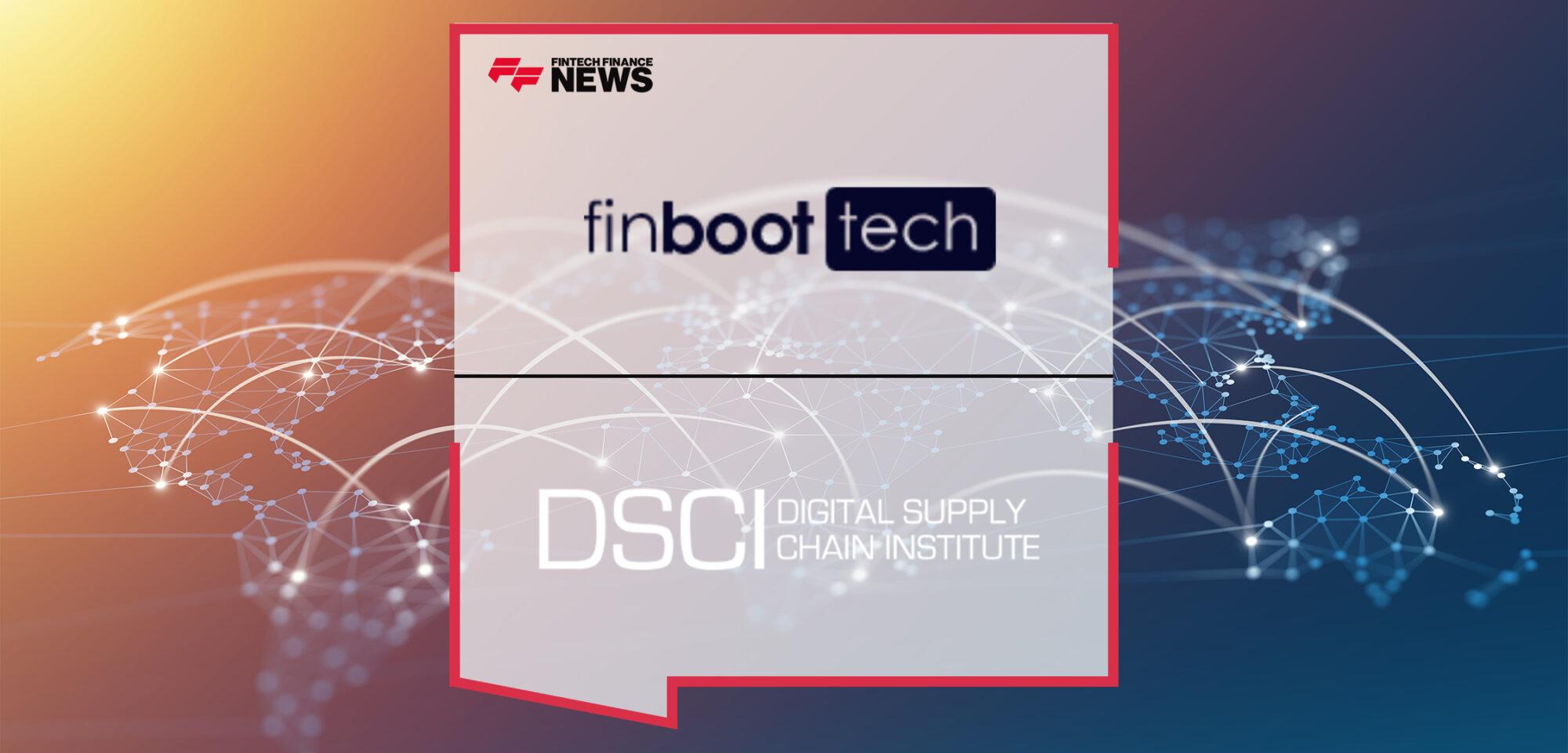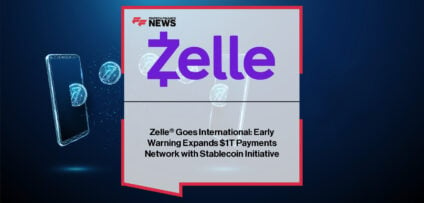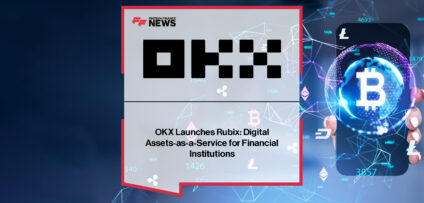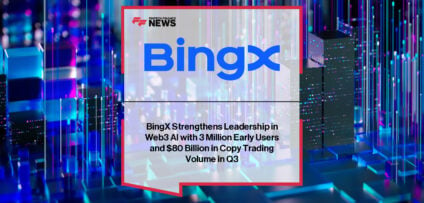Breaking News

Finboot Joins US Digital Supply Chain Institute
Blockchain tech firm Finboot today announces it has joined the Digital Supply Chain Institute (DSCI) to work with its members on new solutions to overcome supply chain challenges. DSCI, based in the U.S., is a member-led research institute focused on the evolution of enterprise supply chains in the digital economy.
Juan Miguel Perez, CEO and Co-Founder, Finboot, says: “Finboot has created a No-Code / Low-code blockchain platform called MARCO. Our team has built a supply chain solution called Track & Trace, which is all about supply chain digitalisation and traceability. The power of Track & Trace is that it is fully configurable from a front-end interface. Members, partners and customers can build their own workflows, define the assets in their value chains and the data they want to capture. All of this without writing a single line of code.
“Businesses are struggling with the digital transformation of their supply chains and with the substantial changes they need in terms of transparency and sustainability. Having a forum through DSCI where we can share issues and hurdles that member organizations have in common is very valuable,” says the Finboot CEO. “DSCI is looking at the supply chains of the future, the technologies, and solutions for the most pressing issues that will move organizations forward.”
“We are very pleased and proud to have Finboot become a member of the DSCI community,” says Marko Kovacevic, DSCI Managing Director. “Their expertise and blockchain powered MARCO and Track & Trace platforms will contribute to DSCI’s work in blockchain applicable solutions for global supply chains. We look forward strengthening the capabilities of our members with the knowledge and experience Finboot will bring.”
In the post pandemic world global supply chains increasingly involve more parties directly or indirectly, often in different parts of the globe. This increasing complexity is creating challenges related to communication and end-to-end visibility, making logistics processes inefficient. At the same time, expectations of all participants in the supply chain related to transparency, reliability and service are increasing. With increased globalisation, the growth in online shopping and customers demanding quicker, ‘just in time’, deliveries, demand on supply chains and the logistics industry is only increasing.
To meet these increasing demands the logistics sector is growing. Market researcher Statista predicts the global logistics industry will grow from EUR€8.4 trillion in 2021 and to EUR€13.7 billion by 2027[1].
Blockchain makes global supply chains more efficient by allowing companies to complete transactions directly and without third parties. It also facilitates increased integration of financial and logistics services, enabling greater data collaboration between stakeholders.
People In This Post
- FF Tattoo Studio: Fenergo on Native ID&V and the Fight Against FinCrime Read more
- Generative AI in Banking: From POCs to Front-Office Impact Read more
- EXCLUSIVE: “Chain Reaction” – Sergey Nazarov and Fernando Vazquez, Chainlink in ‘The Paytech Magazine’ Read more
- FF Tattoo Studio: Datavillage on Privacy-First Data Collaboration and Faster Fraud Investigations Read more
- Chancellor Unveils Plans to “Supercharge” Growth of Innovative Financial Services Firms Read more




















